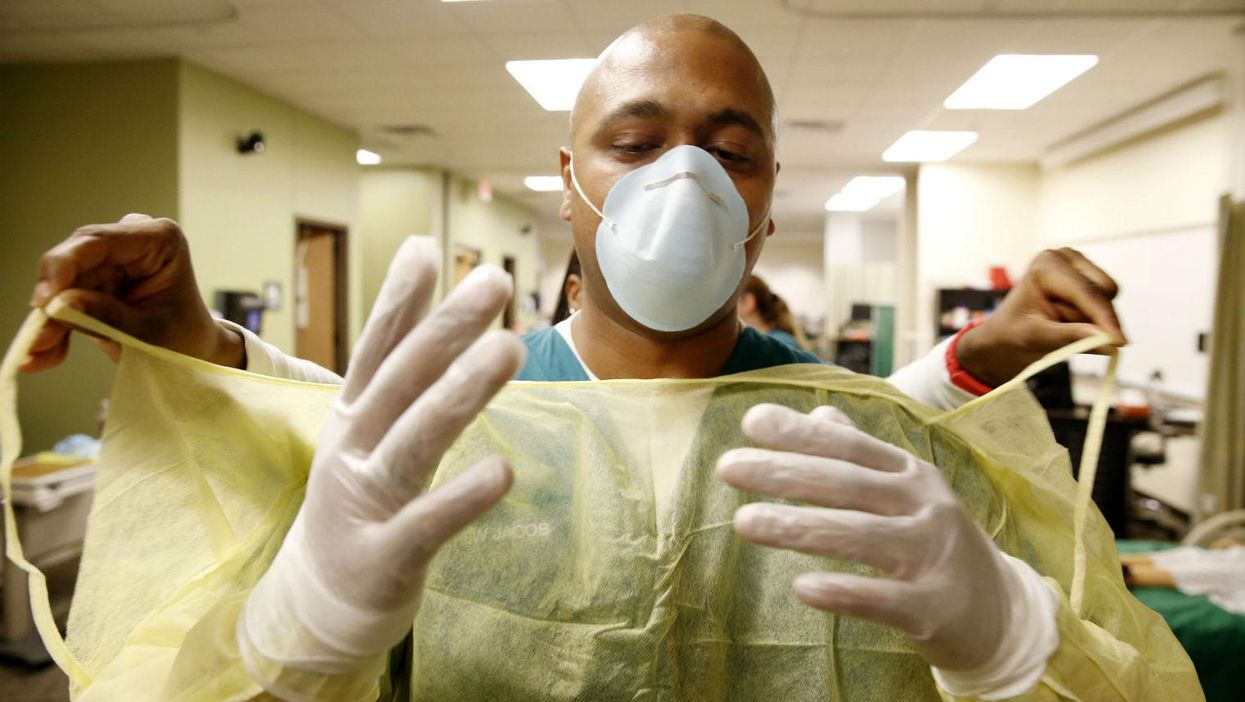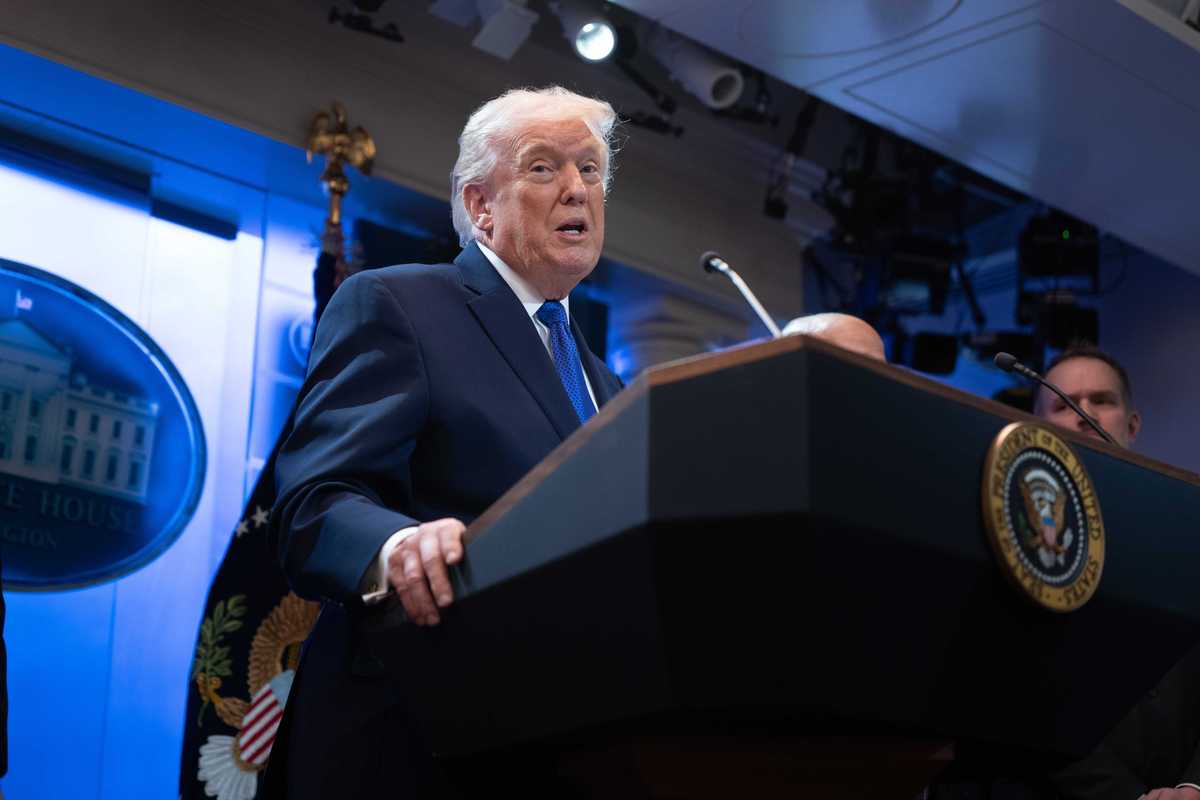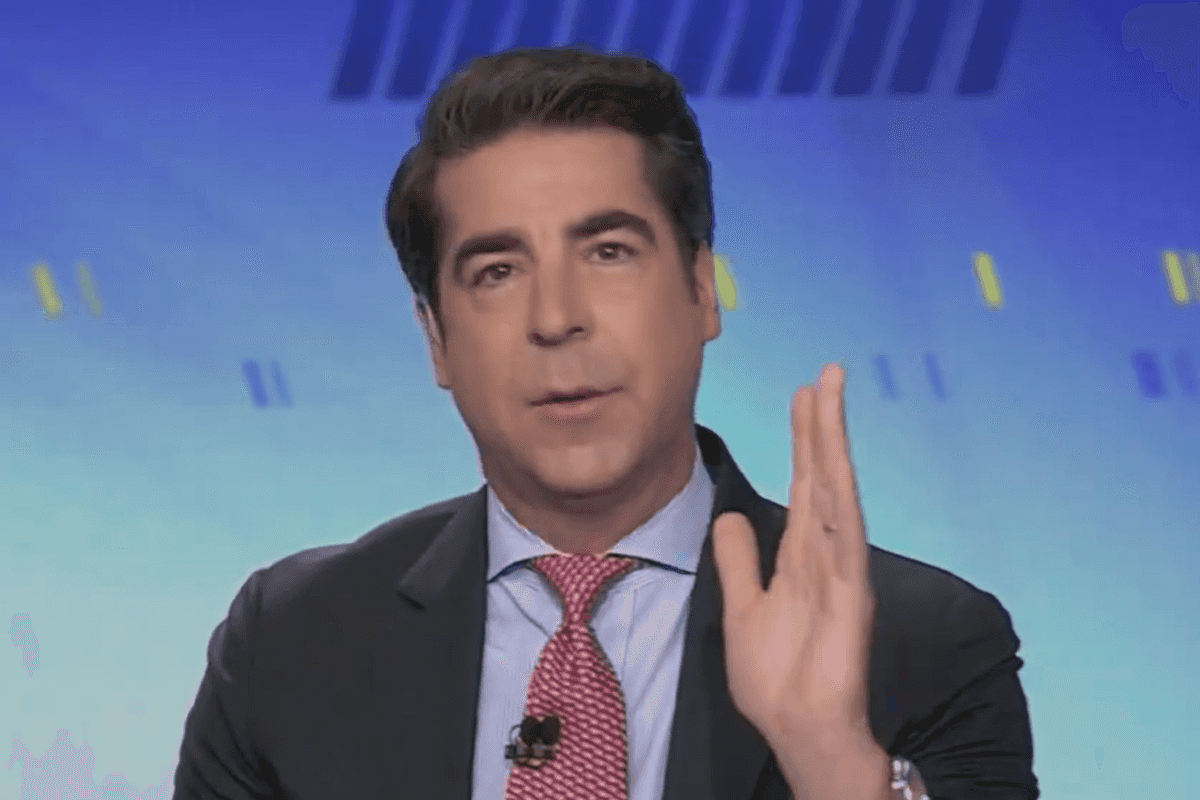News
Matthew Champion
Oct 15, 2014

Although it can be easy to write that headline in an office in London, in a country where no cases of Ebola have been confirmed, it does still ring true.
The latest story to worry Americans is the fact that a second person contracted the virus on US soil, and that she was on a plane with 132 people on board.
As with the first case, the person contracting Ebola is a health worker who treated Liberian Thomas Eric Duncan, the first person to be diagnosed with Ebola in the US while visiting relatives in Dallas, Texas.
Mr Duncan was treated at the Texas Health Presbyterian Hospital but died on October 8, becoming the first and so far only Ebola patient to succumb to the virus in the US.
Since then, nurses Nina Pham and Amber Jay Vinson, who both treated Mr Duncan, have tested positive for Ebola, and they are being treated at the same hospital where they worked.
They were among 76 medical staff being monitored after coming into contact with Mr Duncan.
It has since emerged that Ms Vinson flew from Cleveland, Ohio, To Dallas-Fort Worth the day before she was diagnosed with Ebola, on Tuesday.
The Centres for Disease Control and Prevention (CDC) is trying to contact all 132 passengers on board the flight so they can be monitored, but, crucially Ms Vinson was not showing any symptoms during the flight, airline staff said.
Ebola patients are not considered contagious until they exhibit symptoms, and in addition, experts have advised that even if you were sitting next to someone on a plane with Ebola, they were unlikely to pass it on.
"This is not on the same scale of risk as pandemic flu – you can't catch it just sitting next to someone on a plane", said Public Health England's Dr Brian McCloskey.
This is because Ebola is not an airborne virus, it only spreads via the bodily fluids of people who are seriously ill; people who are likely to be vomiting, bleeding or have diarrhoea. The only people likely to come into contact with the Ebola virus in this way are health workers and relatives of those with the disease, as has sadly been seen during the current outbreak, which has killed almost 4,500 people.
That said, some people may find it surprising that a health worker who treated an Ebola patient was allowed to board a commercial flight while under observation, and CDC has said she went against official guidelines in doing so.
What's certain is that this is the worst Ebola outbreak the world has ever faced and the UN itself admits the virus is "winning the race".
Barack Obama, who has faced criticism from some quarters for his response to Ebola, is to hold an emergency Cabinet meeting on the outbreak today.
But the best response to the crisis is not in knee-jerk responses and raising false panic about the risk Ebola poses to countries outside West Africa, which more than ever needs the rest of the world's help and support in eradicating the virus.
More: [Six signs the US media can't cope with the Ebola story]4
More: [Donald Trump has a novel approach to fighting Ebola: Irrationality]5
Top 100
The Conversation (0)













